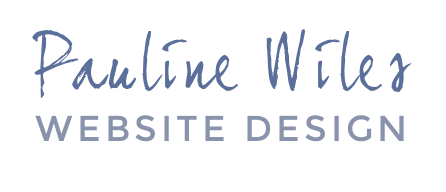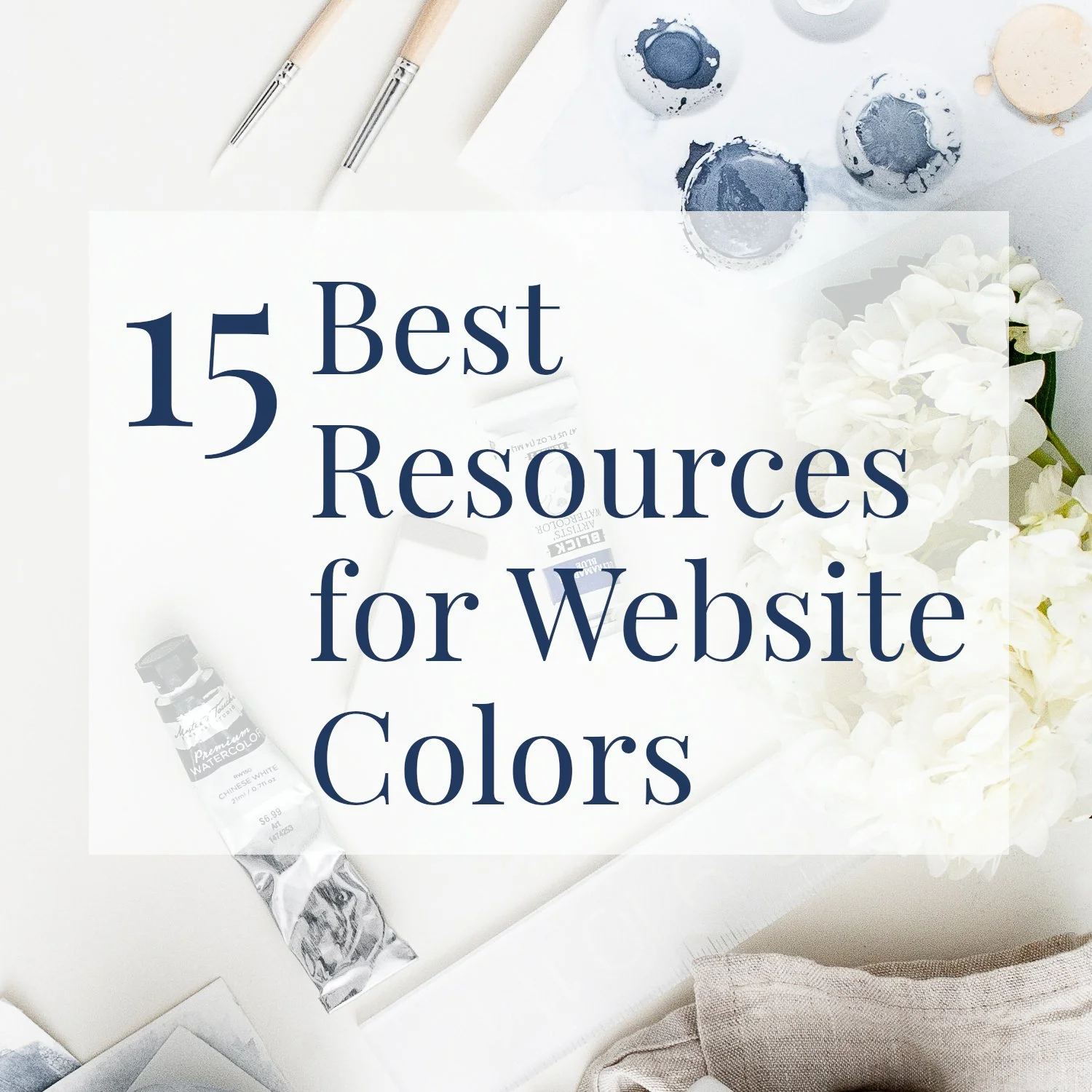Marketing Tips for Business Card Books
“How should I plan my book launch? What should I do?”
This question comes up frequently in the online communities I’m part of, especially where the members identify as business owners and solopreneurs, not “authors”.
And I generally see helpful group members jump in with either general book marketing and book launch advice, or information on what worked for them.
Please slow down! Asking (and answering) questions like this misses a crucial step in your book marketing plan, which is to figure out both:
And what are your goals for this book? (examples here)
With around two or three million books now published every year, it’s time for book marketing advice to grow up and acknowledge that the strategy for different types of authors should be different. So, too, should tactics.
I hope you’ll read the articles above, but in brief, there is now an important category of first-time author who might secretly dream of bestseller status, but the true goal of the book is to generate leads for your service-based business. This is what’s known as a Business Card Book.
For a Business Card Book author, your book is a "seed" for your marketing efforts, not the "fruit" itself
And if growing your business through your book is your goal, then it’s vital that you navigate book marketing accordingly.
Your indicators of success might be:
Warming up leads
Establishing your expertise
Opening doors to valuable opportunities, like consulting and speaking
Boosting your own confidence and overcoming impostor syndrome
Enrolling people for your course(s), membership, workshop(s) and other programs
Do not get hung up on how many book copies you sell, hitting a bestseller list, getting a gazillion Amazon reviews, or any of the vanity stuff that (quite naturally) comes up for many of us, when we publish a book.
Instead, you’re looking to grow your authority, influence, thought leadership, and ultimately impact.
This distinction applies to your book title, too
This angle is also relevant when you are choosing the title of your business card book.
For a “traditional” book where you’re hoping to get found in Amazon searches, you’d pick keywords carefully, to succeed with that algorithm. But if your book is a niche publication that you’ll use as a conversation starter, you can afford to choose a title —or subtitle— that’s more offbeat, unexpected, or confrontational. It should invite that important tell me more reaction.
Financially, it’s a savvy mindset shift for the author of a business card book to see the book as a marketing investment, not another income stream for your business. Or, to put it more bluntly, you might “lose” money on the book, in order to generate much bigger revenue overall. If you land just a few new clients because of it, you've more than made your money back, and positioned your business for faster, bigger growth.
Business card books: marketing tactics to consider
All that said, what might your marketing tactics look like for a business card book?
How your book marketing might differ from other authors
You could mail a physical copy of your book for free, to qualified leads. Becky Robinson has a great podcast episode where she talks about this.
Carry books with you (or at least in your car) and offer them like business cards during promising conversations.
Bundle your book with other goodies and send as a welcome pack to new clients.
Emphasize your author status when you pitch for speaking engagements, and send a physical copy to event planners in your niche.
Negotiate your compensation for speaking to include the requirement that the event organizers purchase a book for everyone attending. (Books often come out of a different budget for organizations.)
Repurpose pieces or the overall structure of your book in a multitude of ways, including articles, blog posts, videos, workshops, online courses, VIP days, and more.
How your book marketing will be similar to other authors
Write a quality book that solves an important problem for your audience. Pick a topic that you’re happy to talk about and be known for, for a long time. (See the last point in this list.)
Involve early readers for feedback, but also to warm them up to help spread the word, when the book is available
Get input and quotes or contributions from other experts, for the same reason
Invest in a professional cover that is highly targeted for your ideal reader
Invest in professional editing and production so that your final product is flawless
Give yourself plenty of time ahead of your book release
Feature your book prominently on the home page of your website
Related: How to add your book to your business websiteDon't forget to update all your bios with "author of...",
Get new brand photos taken, showing you holding your book
Start blogging, podcasting, or sharing thought leadership on your topic, well ahead of the book release
Build community and be a known community member around your niche topic. Engage with others and support them!
Reach out personally to your network for blurbs, reviews, and help spreading the word about your new book
Treat your book marketing as a marathon, not a sprint. Traditionally published authors usually have only a short time to make a splash, before their publisher gives up and stops marketing for them — if, indeed, the publisher is doing anything at all to help promote. On the other hand, if you're publishing independently, this book can be your calling card for many years. Please don't burn out in the few weeks around the launch.
Related: Avoid these book marketing mistakes
Don’t miss the chance to get people on your email list
If your book interior isn't final yet, and if you haven't done this already, make sure to include a juicy incentive for a reader to visit your website, claim an extra free resource (often something from the book that lends itself to going deeper), and thereby join your email list.
You can link to this signup page from your ebook, create a "tidy link" for the paperback, and put a QR code in the paperback too.
Many first time authors don't realize: for most sales channels, you won't get any contact data for the people who buy the book. So do persuade them to come to your website and give you their email address.
Once you have permission to email these readers, you can send an automated welcome email sequence, and other relevant resources.
•
There is a LOT of info out there about book launches, and I encourage you to filter it through this lens:
Is this advice intended for career authors who need to sell books to make a living, or is it it for business owners who have a book as a valuable marketing asset?
•
Would you like me to design and build your Squarespace author website?
As a professional specializing in author website design, I’m an expert in using your overall business strategy to drive your website project.
Unlike some other designers, I make a point of understanding your business goals before we jump in. So, if you’d like strategic planning, technical expertise, book marketing advice, and all of the implementation taken care of, consider hiring me.
After careful preparation together, I’ll design, build and launch your site in (usually) just 2 weeks. Learn more, and then schedule your complimentary consultation.
Other resources for book marketing that doesn’t just follow the crowd
And don’t forget to download my most popular free resource, your Author Website Starter Kit









